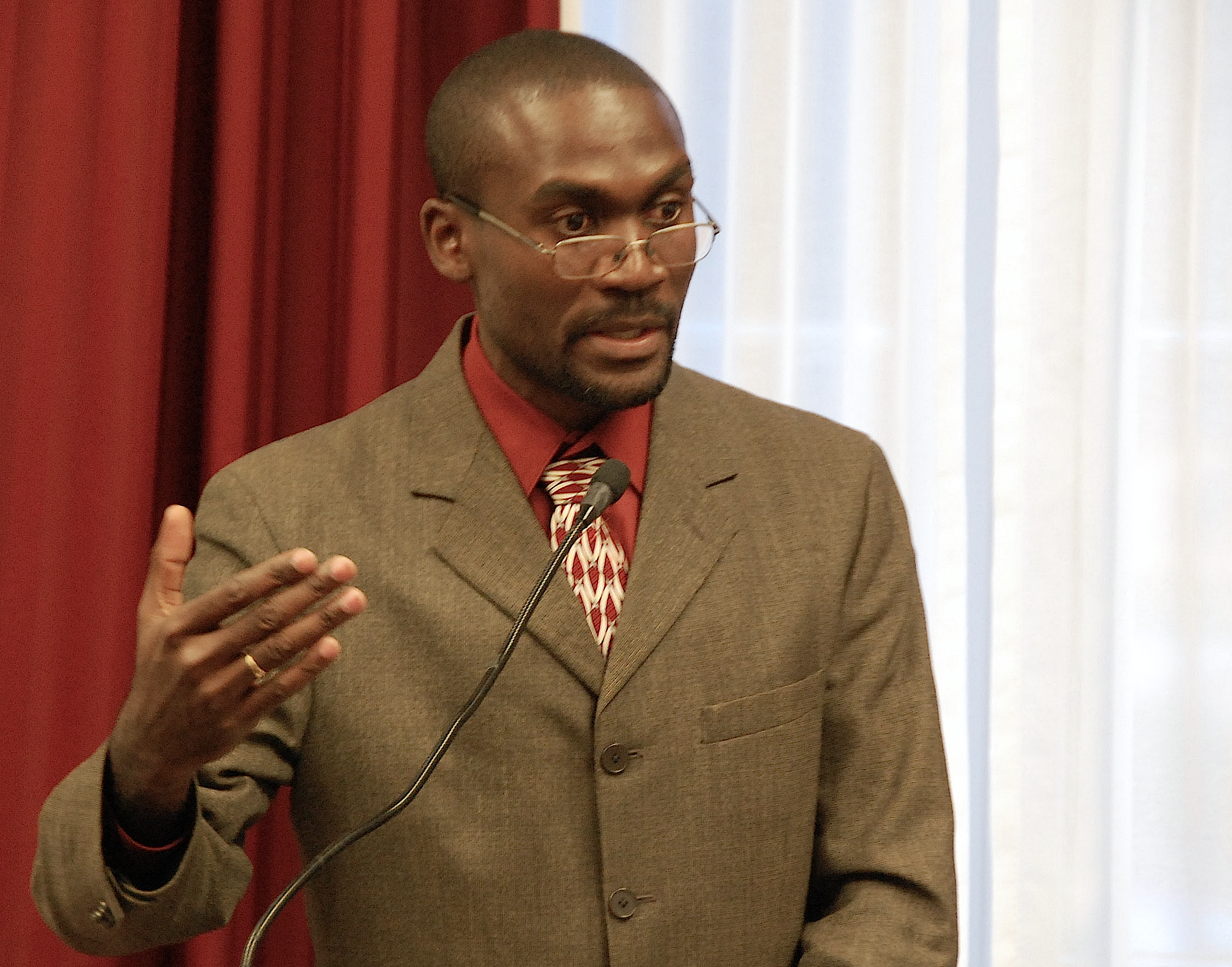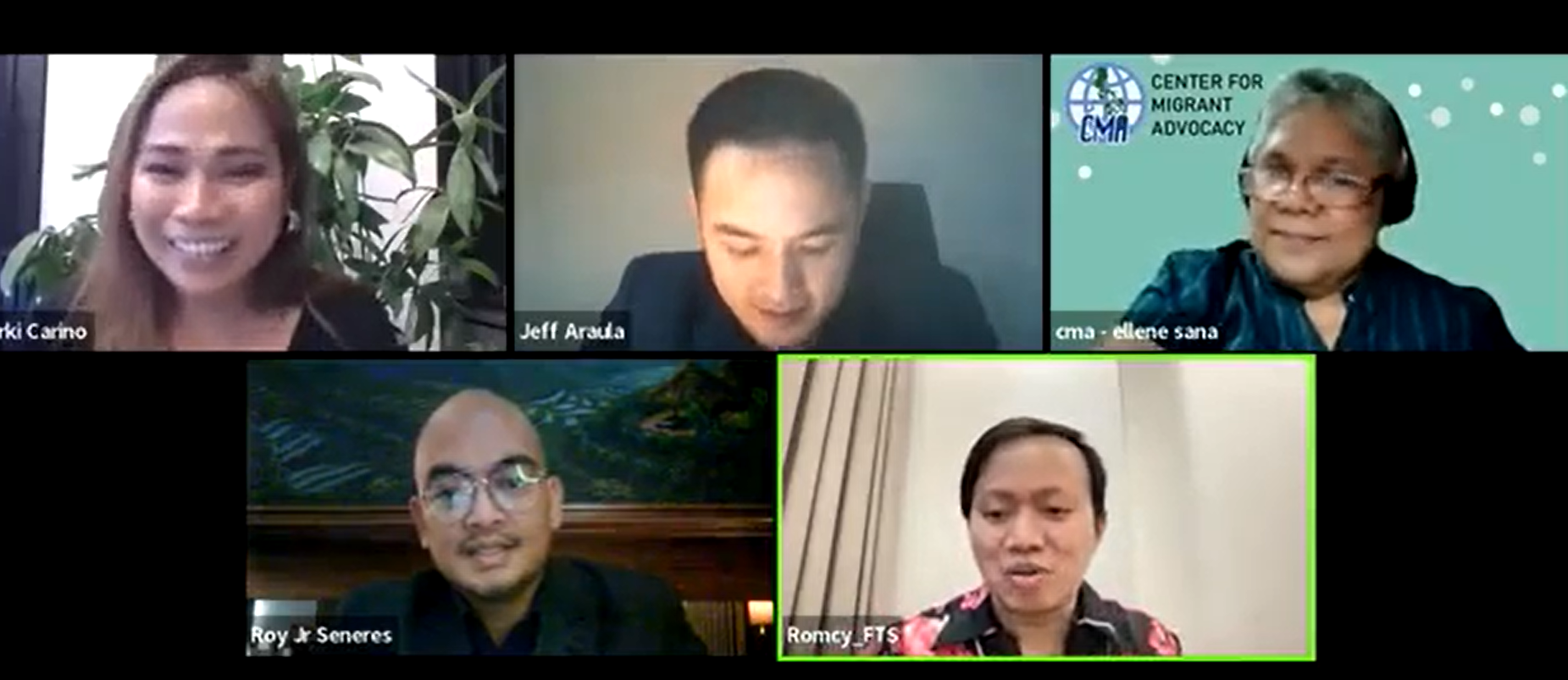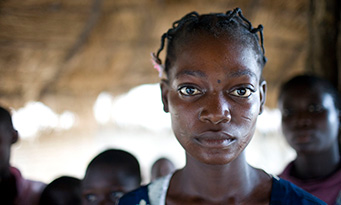Smith Maxime is usually high in Haiti’s rural hills, where many poor families choose to send a child away to the city to work as a domestic servant. His job as FTS Haiti Director is to help stop the flow of children.
But yesterday, Smith was on Capitol Hill in Washington for a congressional briefing. His goal there: build awareness that many children sent to work away from home in Haiti wind up in slavery. Also: let the U.S. human rights community know that most of these “restavek” slaves in Haiti are girls.
“It’s a gender issue,” Smith told the packed briefing room. “Two of three children in restavek are girls.”
Smith’s presentation was part of a two-day program organized by Women Thrive Worldwide and the Haiti Advocacy Working Group.
It’s been three years since Haiti’s devastating earthquake. The disaster has worsened women’s vulnerability to violence, including the enslavement of girls.
Smith noted that exact slavery figures are not available, but that studies have indicated between 100,000 and 400,000 children are restaveks today. Many parents believe their child may get an education and better nutrition if they’re sent to work as a domestic servant. Some do, but many don’t.  The earthquake has made things worse, Smith said.
The earthquake has made things worse, Smith said.
“The Haitian economy does not produce enough resources to take care of all Haitian citizens,” he said.
Community activists will soon be organizing to convince Haitian officials to take nationwide action.
“We need a strategic plan from the government to eradicate slavery,” Smith said.
He also called for the U.S. Agency for International Development (USAID) to fully implement policies to promote gender equality and family development in Haiti, as well as implement USAID’s new counter-trafficking initiative.
You can read about the FTS Model Communities program to educate rural parents on the dangers of sending children to work outside the home here.



